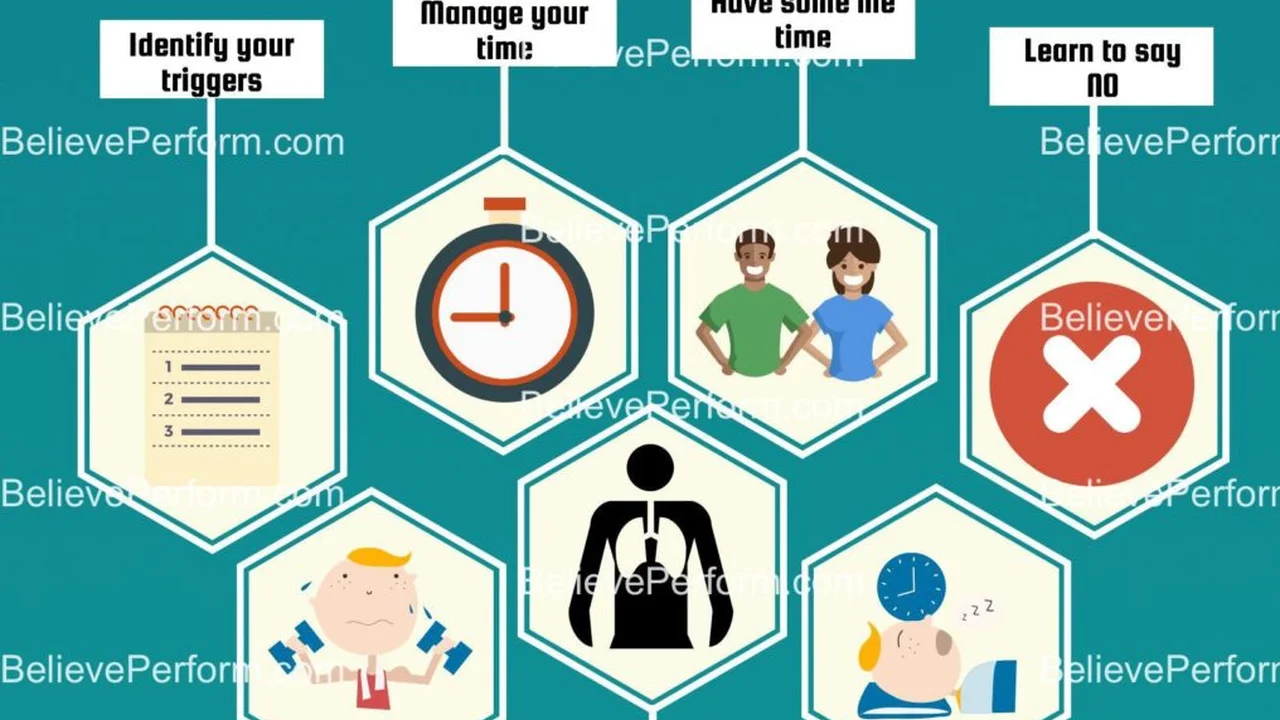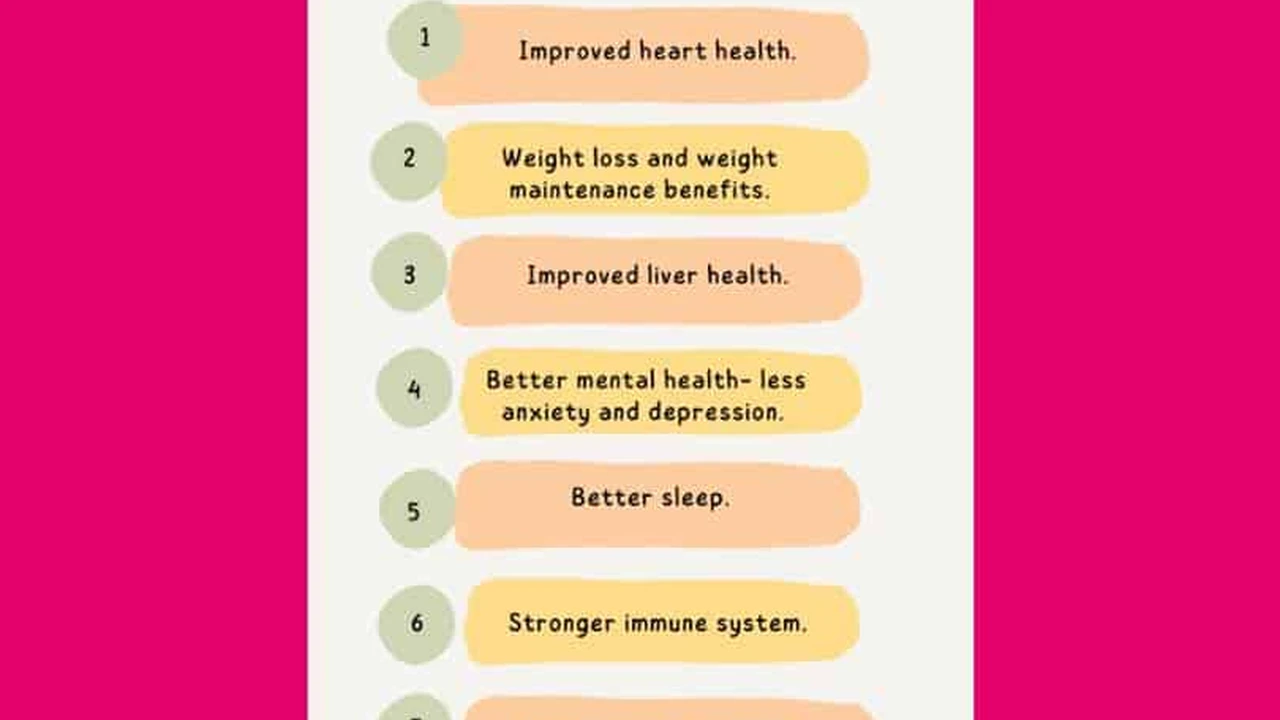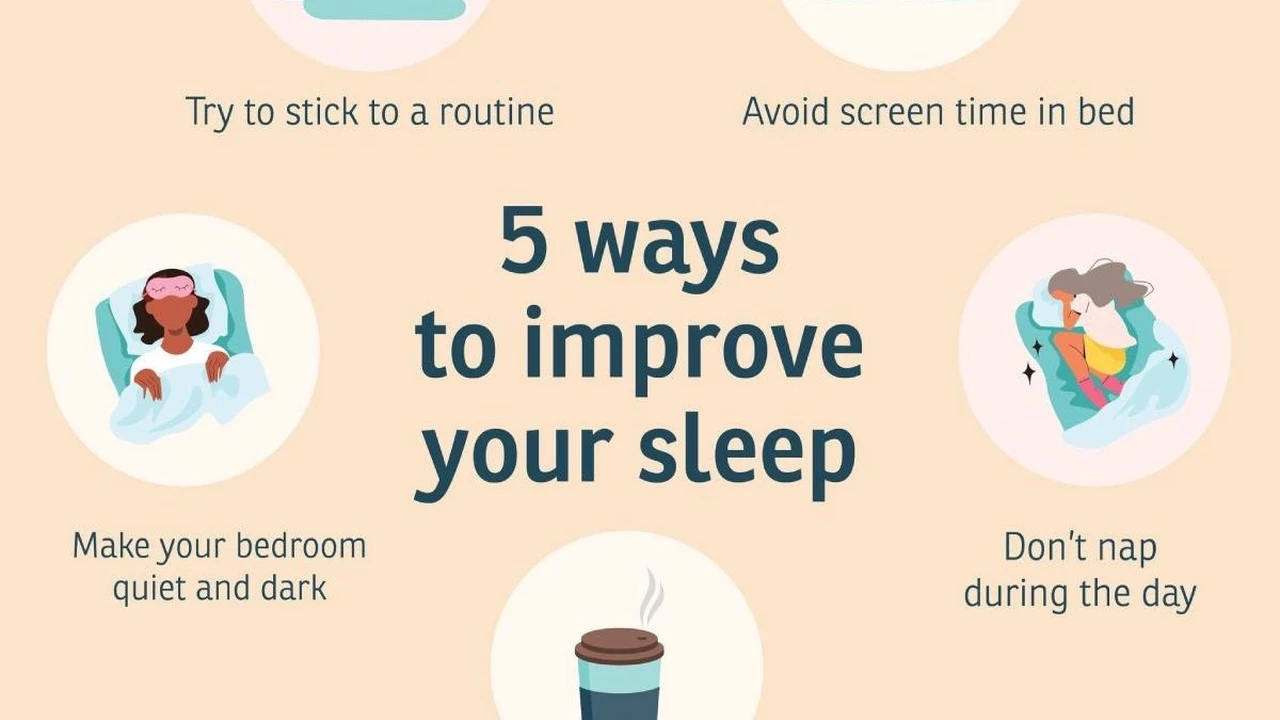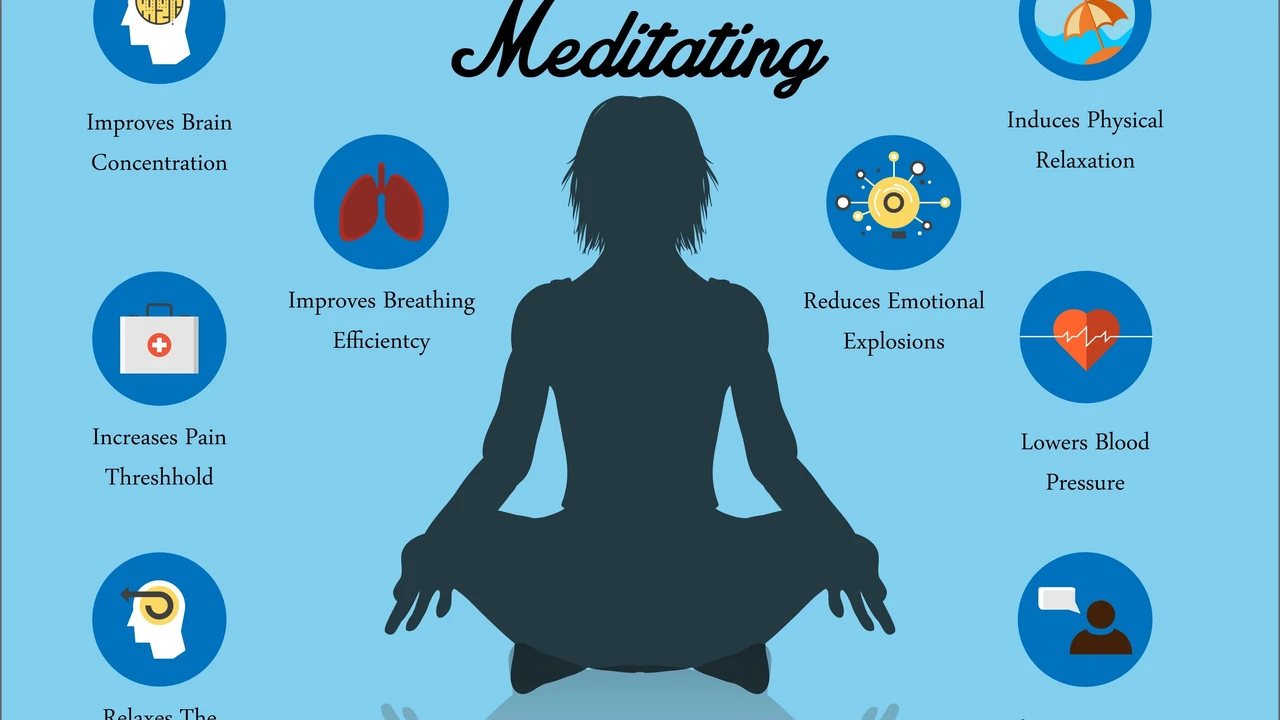How to Manage Stress: Effective Coping Strategies

Stress is a common part of life, but it's important to manage it effectively. This article provides practical coping strategies for managing stress and improving your overall well-being. Learn how to reduce stress and build resilience in the face of challenges.
Understanding Stress The Basics
Let’s face it, stress is a buzzkill. But what *is* it, really? Stress is essentially your body's reaction to any demand or challenge. It can be triggered by a huge project deadline at work, a fight with your partner, or even just the feeling of being overwhelmed by your to-do list. Your body releases hormones like cortisol and adrenaline, preparing you for "fight or flight." While this response is helpful in truly dangerous situations (like, say, encountering a bear in the woods), constant activation can take a serious toll on your health. We're talking headaches, digestive problems, sleep disturbances, and even a weakened immune system. So, understanding the basics of stress – what triggers it, how your body reacts, and the long-term consequences – is the first step to managing it effectively.
Identifying Your Stressors What’s Really Getting to You
Okay, so you know stress is bad. But what *specifically* is stressing *you* out? This is where a little self-reflection comes in. Keep a stress journal for a week or two. Write down what happened, how you felt (physically and emotionally), and what you did in response. You might start to notice patterns. Are you always stressed on Monday mornings? Is your anxiety triggered by social situations? Are you feeling overwhelmed by financial worries? Once you identify your specific stressors, you can start to develop strategies to address them directly. This isn't about eliminating all stress (that's pretty much impossible!), but about learning to manage your reactions to it.
Quick Stress Relievers Instant Calming Techniques
Sometimes you need relief *now*. Like, right this second. That's where quick stress relievers come in handy. These are techniques you can use in the moment to calm your nerves and regain control. Here are a few favorites:
- Deep Breathing: This is a classic for a reason. Take slow, deep breaths, inhaling through your nose and exhaling through your mouth. Focus on the sensation of your breath moving in and out of your body. Try the 4-7-8 technique: inhale for 4 seconds, hold for 7 seconds, and exhale for 8 seconds.
- Progressive Muscle Relaxation: Tense and release different muscle groups throughout your body. Start with your toes, then move up to your calves, thighs, and so on. This helps release physical tension that often accompanies stress.
- Mindful Observation: Focus on your senses. What do you see, hear, smell, taste, and touch? This helps ground you in the present moment and distract you from your worries.
- Visualization: Imagine yourself in a peaceful place, like a beach or a forest. Focus on the details – the sights, sounds, and smells. This can help you escape from stressful thoughts and emotions.
- Aromatherapy: Certain scents, like lavender, chamomile, and sandalwood, have calming properties. Keep a small bottle of essential oil on hand and inhale deeply when you're feeling stressed.
Long-Term Stress Management Building Resilience
While quick stress relievers are helpful in the short term, long-term stress management requires a more proactive approach. This is about building resilience – your ability to bounce back from setbacks and challenges. Here are some key strategies:
- Regular Exercise: Exercise is a fantastic stress reliever. It releases endorphins, which have mood-boosting effects. Find an activity you enjoy, whether it's running, swimming, dancing, or yoga, and aim for at least 30 minutes of moderate-intensity exercise most days of the week.
- Healthy Diet: A balanced diet provides your body with the nutrients it needs to function optimally. Avoid processed foods, sugary drinks, and excessive caffeine, which can exacerbate stress. Focus on whole foods, like fruits, vegetables, whole grains, and lean protein.
- Sufficient Sleep: Sleep deprivation can make you more vulnerable to stress. Aim for 7-8 hours of quality sleep per night. Establish a regular sleep schedule and create a relaxing bedtime routine.
- Time Management: Feeling overwhelmed by your to-do list? Learn effective time management techniques, like prioritizing tasks, breaking down large projects into smaller steps, and delegating when possible.
- Social Support: Connect with friends and family members who provide emotional support. Talking about your stress can help you feel less alone and more supported.
- Mindfulness and Meditation: These practices can help you become more aware of your thoughts and emotions, allowing you to respond to stress in a more mindful way. There are many apps and online resources available to guide you through meditation.
- Hobbies and Interests: Make time for activities you enjoy. This can help you relax, recharge, and reduce stress.
Product Recommendations for Stress Management
Okay, let's get practical. Here are some products that can help you manage stress, along with their uses, comparisons, and prices (approximately, of course – prices can vary!):
Aromatherapy Diffusers and Essential Oils Stress Relief
Use: Diffusers disperse essential oils into the air, creating a calming and relaxing atmosphere. Products:
- Vitruvi Stone Diffuser: Sleek, ceramic design, ultrasonic technology. ~$120. Best for smaller spaces.
- AromaTech AroMini: More powerful, covers larger areas, uses nebulizing technology (no water needed). ~$150. Great for larger rooms or offices.
- Essential Oil Sets (Lavender, Chamomile, Frankincense): Plant Therapy, doTERRA, Young Living. Prices vary depending on the brand and oil. Expect to pay $10-$30 per bottle.
Weighted Blankets Calming Comfort
Use: Weighted blankets provide deep pressure stimulation, which can have a calming effect on the nervous system. Products:
- Gravity Blanket: Popular, high-quality, comes in various weights. ~$200.
- YnM Weighted Blanket: More affordable, comes in a wide range of sizes and weights. ~$80-$120.
- Mosaic Weighted Blankets: Customizable, handmade, uses high-quality materials. ~$250+.
Meditation and Mindfulness Apps Guided Calm
Use: Apps provide guided meditations, mindfulness exercises, and sleep stories to help you relax and reduce stress. Products:
- Calm: Extensive library of meditations, sleep stories, and music. ~$70/year subscription.
- Headspace: Focuses on teaching mindfulness skills, beginner-friendly. ~$70/year subscription.
- Insight Timer: Free app with a vast library of meditations from various teachers. Optional premium subscription for additional features.
Stress-Relief Supplements Natural Support
Important Note: *Always* talk to your doctor before starting any new supplement, especially if you have any underlying health conditions or are taking medications. Products:
- Ashwagandha: An adaptogen that can help reduce stress and anxiety. Gaia Herbs Ashwagandha Root, ~$25.
- L-Theanine: An amino acid that promotes relaxation without drowsiness. Suntheanine L-Theanine, ~$20.
- Magnesium: Essential mineral that plays a role in stress regulation. Magnesium Glycinate, ~$20.
Tea and Herbal Remedies Soothing Sips
Use: Certain teas and herbal remedies contain compounds that can promote relaxation and reduce stress. Products:
- Lavender Tea: Known for its calming properties. Brands like Traditional Medicinals and Yogi Tea offer lavender tea blends. ~$5-$7 per box.
- Chamomile Tea: Another popular choice for relaxation and sleep. Similar brands and price range as lavender tea.
- Valerian Root Tea: May help with sleep and anxiety, but can have a strong taste. ~$6-$8 per box.
Creating a Personalized Stress Management Plan
The key to effective stress management is finding strategies that work for *you*. Experiment with different techniques and products to discover what helps you feel calm, relaxed, and in control. Don't be afraid to ask for help from a therapist or counselor if you're struggling to manage your stress on your own. Remember, taking care of your mental and emotional well-being is just as important as taking care of your physical health. You've got this!
:max_bytes(150000):strip_icc()/277019-baked-pork-chops-with-cream-of-mushroom-soup-DDMFS-beauty-4x3-BG-7505-5762b731cf30447d9cbbbbbf387beafa.jpg)






